This is COVID-19 to humanity. Do you copy?
Yes, there is a critical message trying to cut through the tragedy and turmoil of the pandemic, a message that needs to go viral. There is no doubt that it is the same message emerging from the chaos and calamity of the climate emergency, and the same one crying from the confines of caged and commercialized wildlife.
The question is, do we “copy”? Do we receive and understand the message?
There is ample and rapidly-increasing evidence that our survival depends upon us coming to terms with something new, something that will empower us to think and act differently, and not just on one or two issues related to the pandemic. We need to re-evaluate our entire relationship with nature. Because all three of these crises are human-caused, preventable, and are even now converging, meaning that if we don’t do something fast we can expect more in the future, and worse.
Fortunately, we still have time to fix our relationship with nature, if we get the message and act on it . . . now.
Our history is clear and simple. Human civilizations at-scale have been built on a one-way transfer of natural capital to human need and greed. Sometimes these civilizations were simply conquered by others in an exercise of political, economic, and cultural avarice fueled by fundamental insecurities.
Eventually all these civilizations failed, oftentimes because one civilization after another overexploited or otherwise abused their natural resources, and perished because of it: Mesopotamia, Maya, Rome, to name just a few. The difference from then to now is that the impact of those civilizations was limited to discreet regions. We are now nearly 8 billion humans (and we’re speeding towards 12). Our technology and our capacity to exploit are of a planetary scale, faster, bigger, and more pervasive. When used out of synchronization with, and demonstrating no respect for, the rest of life and the earthy systems that support us, these technologies and the mind-sets that created them – fueled by huge amounts of perverse governmental subsidies – possess fatal potentials for our entire biosphere (that means us, too).
For ten thousand years humans have “gotten-by” through destroying the wilderness that supports all life on earth, converting life-supporting reservoirs of intricately interacting species and systems into vast tracts of land repurposed for often very short-term and narrow gain. If we continue this mode of operation in the future, we will no longer be able to get by. Our capacity to exploit is now too vast. We will destroy ourselves.
So, what’s the message? Let’s take the clothes off this human emperor seeking to conquer the earth and see the naked reality. Three simple messages.
The first is that by destroying wild nature we are destroying ourselves. Wilderness is the essential generator of all life-support systems…period. Besides, it/she is what birthed us. Show some respect for your Mother. Protect the remaining wilderness… #NatureNeedsHalf
The second is that we are part of nature, not apart from it. Gaia is a profoundly self-regulating system or being (however you choose to identify it). That means everything is in relationship – in the words of Rachel Carson, “Nothing in nature exists alone.” Despite not a small amount of scientific hubris, we actually understand very little of this. But the evidence for it continues to mount.
“Everything” in relationship includes us. And we all know what happens when one member of a relationship is greedy, self-centered, and abusive. The relationship changes from dysfunctional to failed…not an outcome we can survive.
The third message is that actions have consequences. We act in disrespect to each other and the earth, we take, take, take, and give little back except for plastic, poison, and pollution, then boom!… a climate emergency, a drought, a failed landscape here, another one there, a pandemic, and the looming knowledge that there is more to come.
Since Nature is self-regulating, she will try to get her delinquent bits and pieces to behave. She’s the adult in the room. If her message is not heard, she turns up the volume, not because she wants to but because it is the natural consequence of our misbehavior. Yes, there have been large, tragic epidemics before, namely the black plague and the 1918-19 flu. Nature is alive and dynamic, fluctuating while she runs the show. But since those earlier days, we have created a world that is far more interdependent and globalized. Natural barriers to disease spread and increased carbon emissions no longer exist. Because of us.
How do we act in order that Nature dials back the volume before it becomes a cacophony of converging calamities?
In the short term, we’ll make it through. Initially and fundamentally, as we emerge from this most recent crisis we need to be aware of what will likely happen. First, there will be an understandable need for traumatized people to regain emotional, physical, and economic well-being, and have a sense of “getting back to normal.” As they do, we have an opportunity to work with our neighbors, schools, clubs, and communities to help people understand that a new normal is both needed and possible, one characterized by the less-polluted, quieter, more sharing and collaborative world that emerged in many places during the depths of the pandemic. Politically mobilize to do what is needed. Now, please.
The second thing we need to expect and actively transform is more insidious, difficult and far more dangerous. It is the ‘Return to Normal’ juggernaut that will be touted and funded by political leaders intent on being re-elected, and by profit-centered businesses (large and small) that will create advertising and messaging to convince us to buy this, do that, and spend our money on them because they know what normal is and their products and services can deliver it. To counter this, economically act as if all life matters. Now, please.
We would be well-served to heed Einstein’s famous admonition: “We can’t solve problems by using the same thinking we used when we created them.” For this, good news! New thinking abounds, new technologies are both available and cost effective. Even more, much of what we need is not new, it has just been ignored. Indigenous communities have valuable and pertinent traditional knowledge to share: let’s work together.
Consider what Nature would do to support life and to produce abundant health and well-being. If we do the same and create models of development powered by love, respect, commitment, clarity, and good-will, we will create an economy that generates jobs, produces the right kind of profit, and will be the foundation of health and peace for our families, our communities, and our world.
When we do these things, we are part of the Survival Revolution, a movement that compels our leaders to work for life and #StopBusinessAsUsual.
That’s when we can say, “This is humanity to COVID-19… we copy… over.”
Dissecting the dangers of commercialized wet markets
David Quammen is an independent author, freelance journalist, and adventurer who went into the heart of the Congo to research the reality of the HIV and Ebola viruses. His articles have appeared in National Geographic, Harper’s, Rolling Stone, the New York Times Book Review, and other periodicals. He was to be a presenter on the same topic at the 11th World Wilderness Congress (WILD11, India) that was indefinitely postponed due to the COVID-19 pandemic.
We need a better relationship between humans and the rest of the natural world. There is no better example for the broken relationship between us and the natural world, than the COVID-19 pandemic caused by a new coronavirus.
Where does the new coronavirus come from? A new virus to the human species comes from nature, it comes from a nonhuman host, usually an animal host. Most often it comes from a mammal host and frequently from a bat host. That seems to be what’s happened here. A virus that has been living quietly, inconspicuously in bats, probably in horseshoe bats in China and elsewhere for who knows how many hundreds or thousands of years, if not millions of years, that virus is now the cause of a human pandemic. Why? Because it spilled over from the bat into humans, possibly by way of another animal, an intermediate animal. Probably, this occurred in a wet market and Wuhan, China.
Does that mean that we should demonize bats? No, of course not. We need bats. Bats are precious parts of our ecosystems. Does that mean we should demonize Chinese people? No, certainly not. Should we even demonize though, those who eat wild animals? Well, we can’t demonize them. I myself live in Montana and people eat wild animals here, too. They eat deer and elk.
Is that good or bad? Well, it’s dangerous behavior because wild animals, like every other kind of species, carry their own unique viruses and those viruses spill over into humans and cause outbreaks, sometimes epidemics, sometimes pandemics like this one. Why do viruses in other creatures spill over into humans? Because we disturb the natural world, we come into contact with wild animals and the diverse ecosystems that we’re still privileged to have on this planet. We go in, we cut timber, we burn slash, we establish logging camps, we establish mining camps, we capture animals, or we kill them for food. Sometimes, we capture them live and ship them away to distant markets, for instance, the market in Wuhan, China.
As we do that, as we disturb the natural world more and more severely, more and more aggressively over time, we bring ourselves more and more into contact with the viruses that other creatures carry. We offer those viruses the opportunity to seize on a new host and evolve so that they can replicate, pass from individual to individual and thrive in a new host.
When the new host is humans, those viruses have won the sweepstakes, those viruses have seized the golden ticket because there are so many of us and we are so interconnected. There’s 7.7 billion of us now, as we all know, we’re flying every which way. We have consumer demands that are more and more reducing the supply of wildness, of biological diversity on this planet.
One lesson for the world is that we need to close wet markets. They exist all over Asia and they are one of the sources of new viruses that cause epidemics and pandemics. Wet markets are also a threat for wildlife protection as even rare species are caught to be sold there.
Closing wet markets will not the only measure we need to implement. Another potentially deadly source of contagion is the African bushmeat trade.
We all know that what we need is a better relationship and a more balanced relationship with the natural world. We need a survival revolution to protect nature and this was never more obvious than now when people all over the world are worried about their own survival in the COVID-19 pandemic, which is the result of our broken relationship with nature.
We must be aware that things that we do as well as things that other people do contribute to this particular manifestation of a broken relationship between humans and the natural world when a single virus can sweep around the planet and achieve possibly the greatest success that any virus enjoys at this moment because they are infecting a species that has come to dominate this planet so absolutely, so severely as us. We need to dial back. Shutting down wet markets is an important step towards healing our relationship with nature.
Read Next
Investing in Tomorrow: CoalitionWILD’s Mentorship Motion
For decades, conservation has relied heavily on the deep wisdom and technical expertise of seasoned practitioners. Their hard-won knowledge has protected landscapes, endangered species, and cultural heritage across the globe. Yet as we stand on the brink of unprecedented ecological tipping points, there is an urgent need to cultivate the next wave of leadership—one that is agile, inclusive, and ready to inherit the mantle of responsibility.
Protecting the Sápmi Forest
Boreal forests are the largest land-based carbon sink yet Sweden is deforesting its old growth trees at a faster rate than the deforestation of the Amazon.
Indigenous Leadership in the Protection of Biodiversity
The important role of “the sacred” and Indigenous Peoples around the world in the stewardship of wild places is marginal. It’s time for that to change.
 BECOME A MEMBER
BECOME A MEMBER
Join the WILD tribe today!
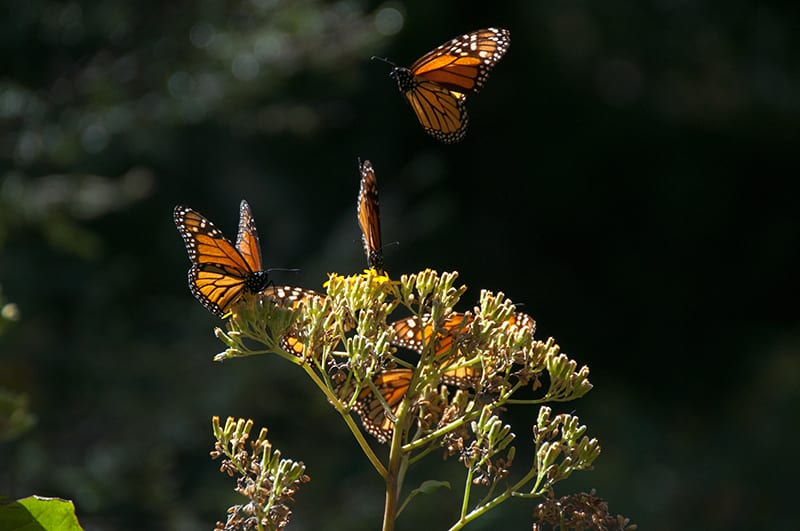
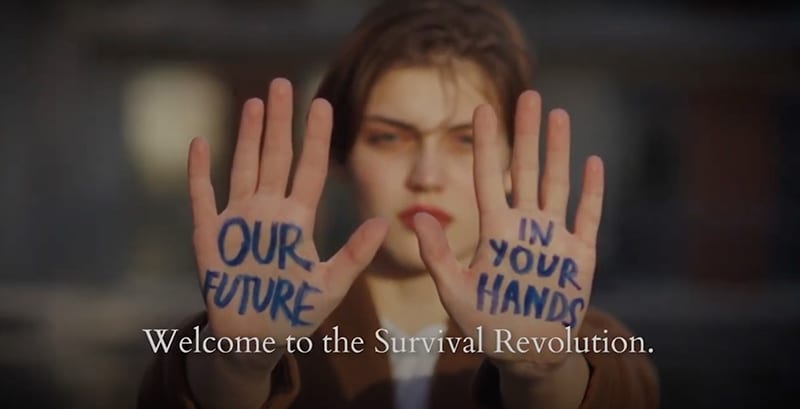
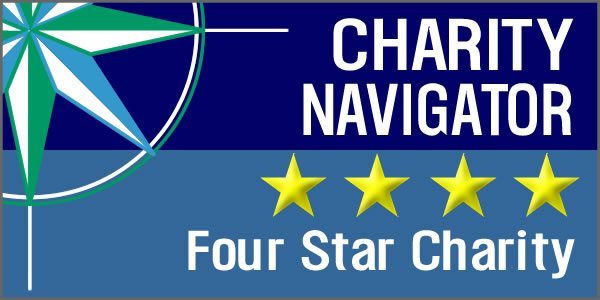

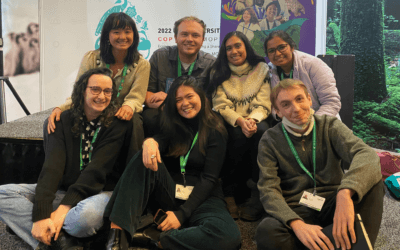
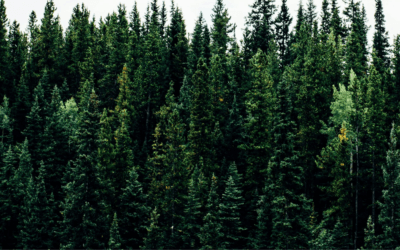
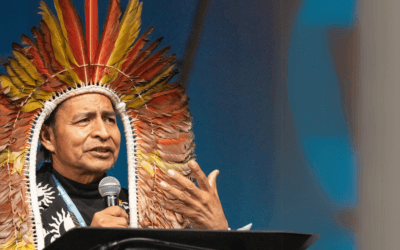

0 Comments